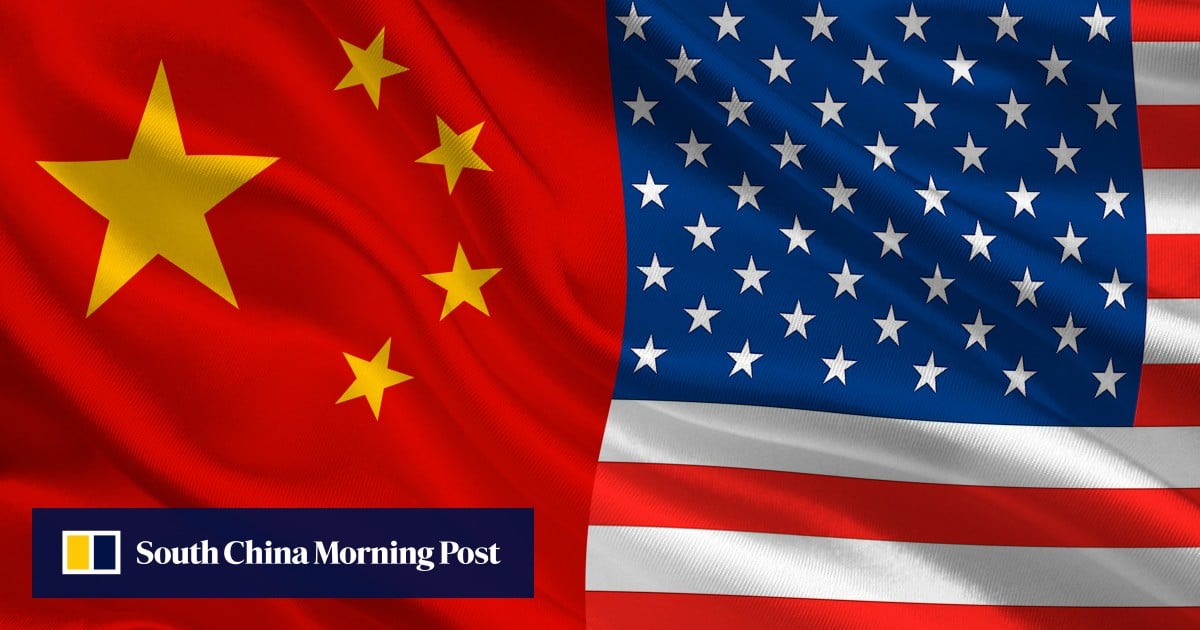
Advertisement
The US Bureau of Industry and Security (BIS) announced on Monday that any company at least 50 per cent owned by firms already on the US Entity List or the Military End-User List – which target entities Washington deems a security threat – will now automatically face the same restrictions.
The US Department of Commerce said the new rules are effective immediately, with certain exceptions permitted for up to 60 days following their publication in the Federal Register on Tuesday.
The move came as China and the US weigh their next steps in trade talks.
“If companies on the blacklist have in fact been using subsidiaries to circumvent restrictions and these new rules are effective in closing that loophole, there will be pain,” said Stephen Olson, a visiting senior fellow at ISEAS-Yusof Ishak Institute and a former US trade negotiator.
Advertisement
He called the revision an “overdue corrective” to a gap that previously allowed blacklisted firms to maintain access via related companies. The impact “could be significant”, he added.


